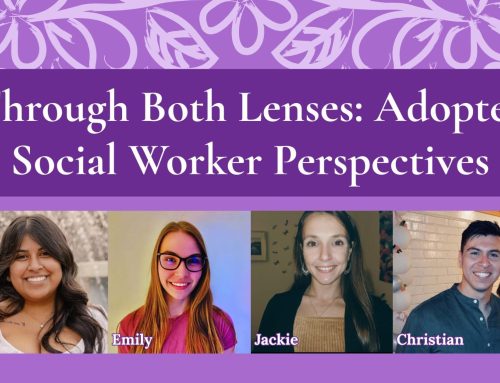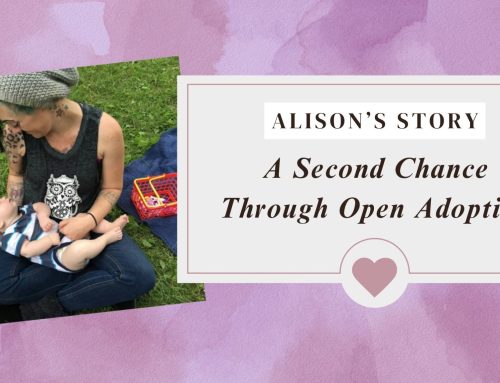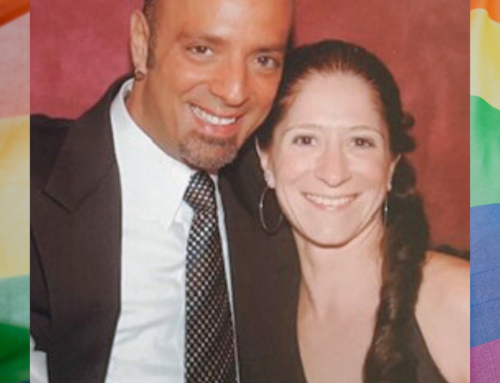Connect with a Social Worker:
Once you find out that you are pregnant, one of the best things you can do is reach out to a social worker. The nature of social work is to promote the enhancement of their clients’ overall well-being.
At Adoptions From The Heart (AFTH), we provide a breadth of services for women and children, including pregnancy options counseling and pre-placement services. There is no charge or fee to request assistance. Our agency’s social workers are available at any time, whether to counsel you or to provide more information about your options, including adoption.
Social workers often work with clients from diverse backgrounds and in varying circumstances. They will understand your situation and make every effort to protect your safety and that of your unborn child. There are a variety of options for you to connect with a social worker safely and discreetly without your partner, including:
- Direct Message via social media (Facebook, Twitter, Instagram)
- 24-hour support hotlines
- Meeting outside of the agency or office
Many social workers are open to meeting in a discreet place outside of their agency. They can travel to meet you at a restaurant, park, or another location that does not give away the nature of the meeting.
Make a Plan:
If you feel you are in immediate danger, call 911 for help. If you are not in immediate danger but believe you will not be safe with your partner while visibly pregnant, your social worker can connect you with resources promptly.
They can provide a list of women’s shelters and homes in the area. Your social worker can make calls on your behalf to inquire about openings in the shelter and their safety precautions for women fleeing from intimate partner violence. At AFTH, our pre-placement services include assistance with apartment hunting and the opportunity to request donations toward rent and utility bills. Having a shelter plan in place can aid in protecting physical well-being and your emotional health.
Once you have decided on adoption, your social worker can help you create a plan for you and your child while maintaining your safety. Start by thinking about the things you would like to see in your adoption; regardless of the situation with your partner, such as:
- Desired qualities of the adoptive parent(s)
- How much openness, if desired, you would like to have
- What type of community or location would you like your child to be raised in?
Once you have narrowed these down, you can begin to browse profiles of adoptive families.
Much of the next steps in the adoption process will depend on the state you live in and their respective adoption laws. Again, your social worker will be an invaluable resource during this time. But you may need to seek legal advice as well.
It may be uncomfortable or even intimidating to be open with an attorney but make your best effort to be forthcoming about the nature of your relationship and pregnancy. Your lawyer can provide the best strategies on how to navigate an adoption where abuse is involved. Clients who have recently been threatened or abused can seek protection orders such as a Protection From Abuse (PFA). Such orders can grant you and your children protection from abusive partners.
Suppose, for whatever reason, should you and your partner need to be included in the adoption plan. In that case, your attorney and social worker can also work together to devise the best way to present the idea of adoption to your partner.
Strengthen Your Network:
Pregnancy, while beautiful, can be a time of vulnerability for mothers, both physically and emotionally. An abusive relationship can compound this state very much. Build a network of individuals and resources you can reach out to for the well-being of you and your child.
Create a list of people (names, phone numbers, and addresses) you trust and can call if you need to seek refuge or support. Great examples of people to include are relatives, friends, church members, and more. The National Coalition Against Domestic Violence created a personalized safety plan that victims can use to map out their course of action if they are in danger. Your partner may try to isolate you but know that you are never alone.
For more information on domestic violence and warning signs, please visit:
National Coalition Against Domestic Violence
March of Dimes




